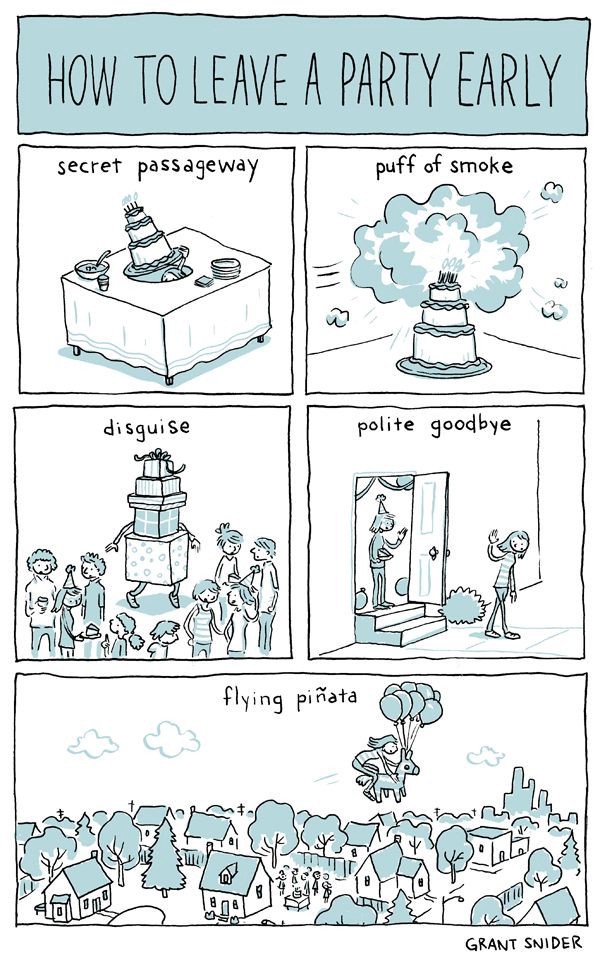The quiet among us seem to be having a moment. Thanks to Susan Cain, author of “Quiet” and “Quiet Power: The Secret Strengths of Introverts,” introverts are getting some time in the spotlight (perhaps, much to their chagrin). The message is this: quiet is cool. Quiet is normal. Quiet is something to celebrate. In a culture that has for so long only validated the loudest among us — this is a big deal. We are starting to recognize that, hey, maybe people have different needs, different social thresholds, and different ways of expressing themselves. And hey! maybe that’s okay.
I will admit that I have a personal stake in this. I’ve always been quiet. I’ve always been exhausted by parties, large groups, and the constant pressure to be the most dynamic person in the room. Growing up I fought every last one of my quiet impulses in an attempt to, in hindsight, please others. I’d go to the party and the after-party and wonder why I couldn’t quite keep up with everyone else. On every report card since pre-school the feedback was always “needs to participate more in class,” as if this was the only way to measure my comprehension or engagement. The message was clear, if I wanted to count I needed to play by their rules. I needed to fight against myself even if it was unbearable to do so. And so I did, quietly internalizing the belief that there was something wrong with me from an early age. Quiet was not okay.
That’s why I am so grateful for Susan Cain and her Quiet Revolution. Her work is giving quiet people a platform, normalizing their experience, and educating others on the needs of introverts in an extroverted world. It’s shaking up systems that cater to the loudest (schools, workplaces, everywhere on earth) and pushing them to acknowledge and appreciate quieter voices. It’s helping individuals advocate for themselves. It’s teaching kids that it’s okay. It’s teaching adults that it’s okay.
If you’re an introvert who values calm and quiet — seek it out. If your needs aren’t being met and it’s impacting your functioning at school, work, or home, take a look at the systems in place and advocate for change when/where possible. Talking with a counselor can also help unpack some of what has been internalized and help you reclaim your quiet strength.
Mostly, I just want everyone the world over to know: It’s okay to leave that party early. It’s okay to take care of yourself. You are okay. ❤

Originally published at www.kaitlynoverman.com on January 17, 2017.
Originally published at medium.com


